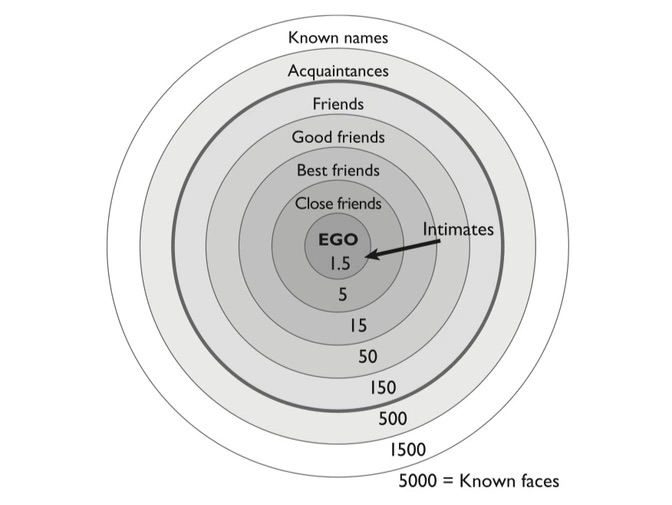Fair enough, apologies for the vagueness.
I was referring to the first two sentences of your third paragraph. Relativism would look like a kind of correspondence theory of truth which is dependent on where you are geographically and who you interact with socially. Rather than something being true because it corresponds or appears (or is convenient I suppose) to be true as it relates to material phenomena; what is taken as or considered to be true is wholly dependent on what a group one is part of might think. This is relativism as it is 1. not contingent on the natural world, as in the empirical world, so basically stuff we get when we interact with our senses. It’s a bit problematic because one can believe whatever one wishes, this is clearly not a material outlook and can be presumed to bring erroneous thinking or erroneous conclusions somewhere along the line. Any kinds of fantastical thinking can enter the picture, it’s not problematic in itself, but you’ll see most philosophers shy away from it because there are all sorts of problems that come up. Part of the problem people have with postmodernist philosophy is related to this, I’ll leave the explanation out for now, though I recognize it is a lofty claim.
For 2. solipsism is more or less believing that you are the authority, you can’t be certain others really exist or are equivalent in their capacity as a conscious being as you are. People tend to say, “I can only really know that I exist” and point at Descartes and his maxim Cogito ergo sum, I think therefore I am which I think is a weird perversion. At any rate, if one takes what one feels or believes or wants to be true, to be true, and solely holds their conception as the only one which matters insofar as it lines up with what they believe, there are similar erroneous conclusions which can arise.
The link then between 1. and 2. is everything in the world is interpreted in a highly perspectival way in a way which must relate to you. One places themselves at the centre of the universe, thinks their thoughts are actually the way the world works as opposed to convenient heuristics or works-in-progress. An intrasocial network of information, i.e. one’s friends or group, can be the basis for such relativistic thinking, to the exclusion of others which is sorta where you see the tribalism part as well.
Hope some of that made sense, let me know if it didn’t I’m a bit drowsy from my night medicine, I tried my best to be coherent. Maybe other comrades can chime in and correct me wherever I may have said something wrong or unclear.








Yeah that would be a great idea. The piracy community on dbzer0 uses rentry.co, maybe that’s an option?